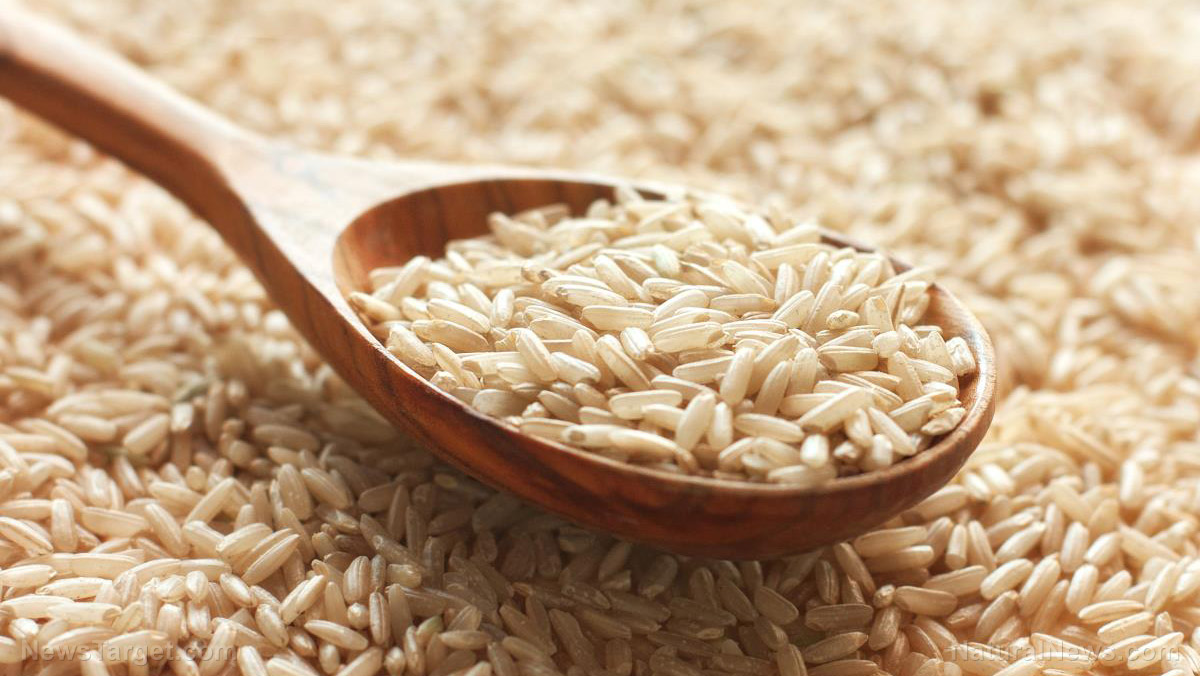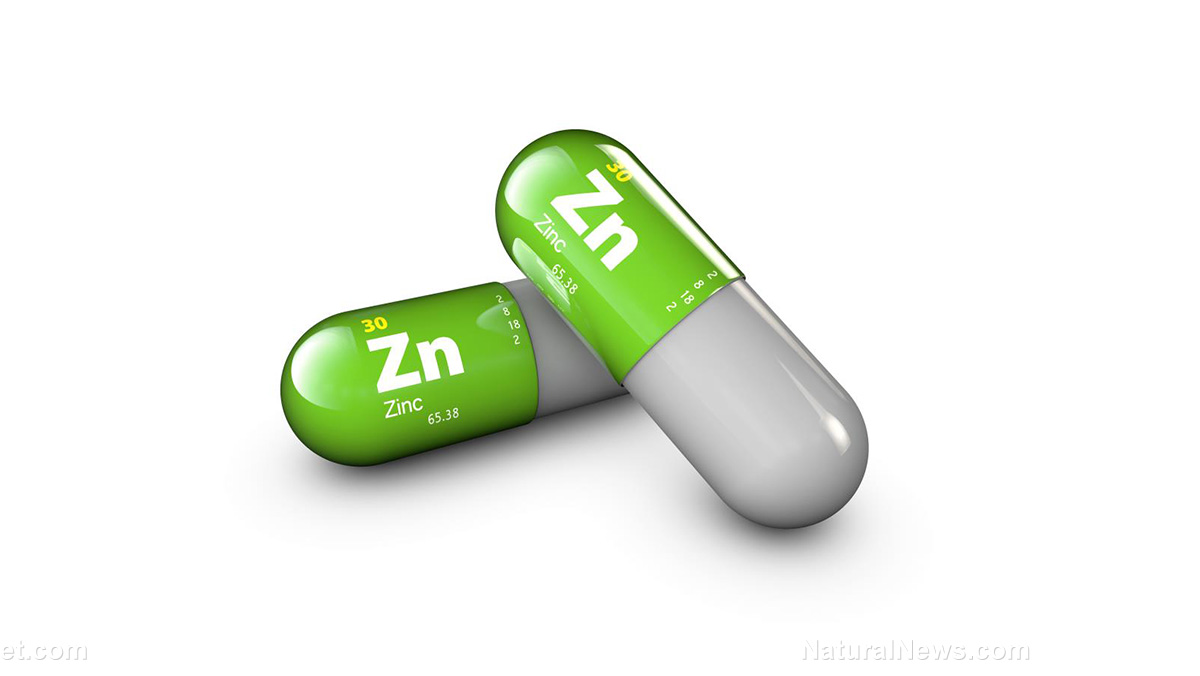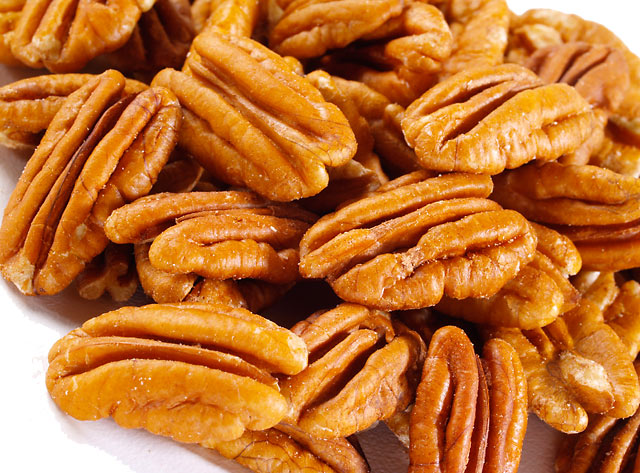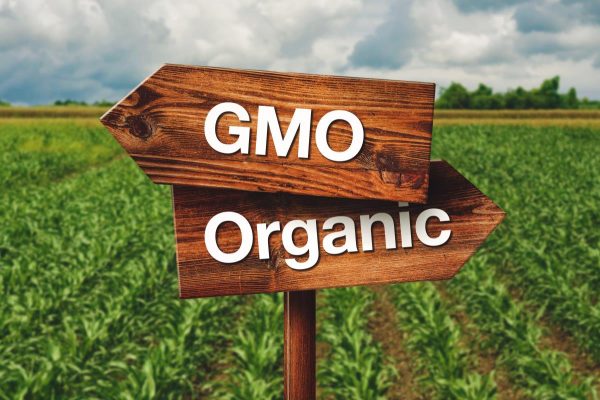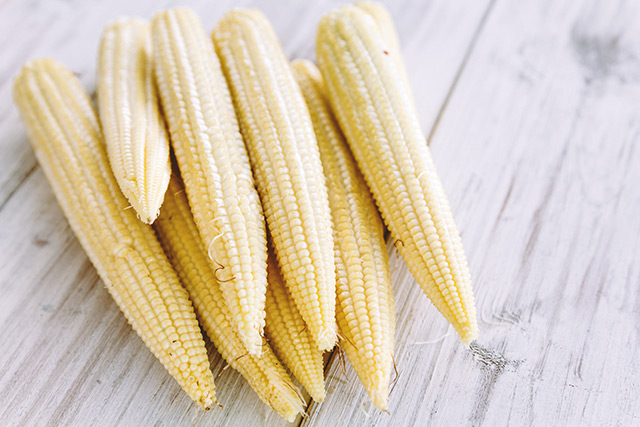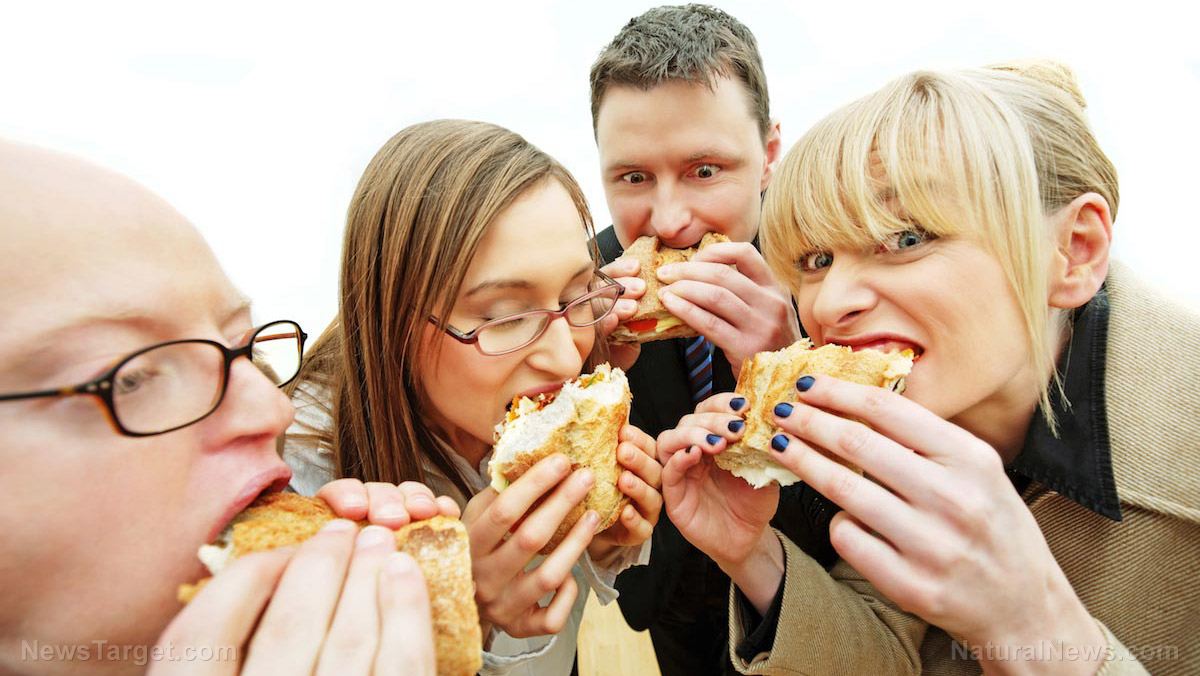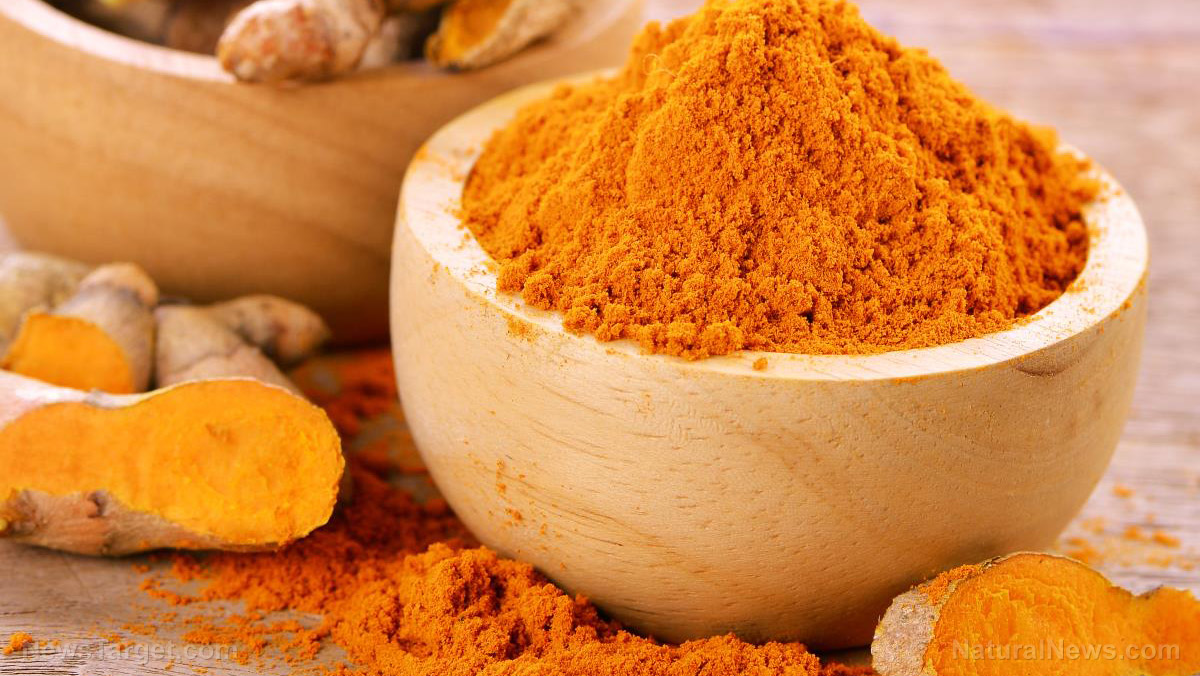“You are what you eat” might be an overused phrase, but there’s quite a bit of truth to it, particularly when it comes to your brain. According to a paper published in the journal Physiology, the signals from your gut to your brain have a strong influence on your behaviors and emotions, especially during threatening events.
Your gut and brain constantly communicate with one another through your vagus nerve. This nerve makes its way throughout your chest and abdomen, controlling and monitoring not only your digestion but also your hormone levels, immune function, heart rate and blood pressure. This nerve forms part of a protective system that can help you make decisions by compelling you to slow down and evaluate a particular situation before proceeding or even avoid it entirely.
It essentially connects your brain with your gastrointestinal tract, which covers a big surface area and is laden with sensors. To put it in perspective, the GI tract is more than 100 times bigger than your skin’s total surface, and it sends more signals up to your brain than any other of your organs.
As you can imagine, this makes your gut tremendously powerful. A poor diet can throw off the protective signals that come from the vagus nerve that encourage you to be cautious. This can change your behavior and your mood.
As a matter of fact, the connection is so strong that recent studies have found that traumatic brain injuries can damage an individual’s gut in addition to their brain. Moreover, it appears to be a two-way street, with gut irregularities impacting brain inflammation following traumatic brain injuries.
A poor diet can make anxiety and depression worse
Florida State University Psychology Professor Linda Rinaman said that a diet high in fat can spur low-grade inflammatory responses within the GI tract. This can actually change vagal signals and make mental states like depression and anxiety even worse.
Moreover, she points out that your gut bacteria are influenced heavily by your diet, and these bacteria also impact your cognitive and emotional state. In fact, electrically stimulating this nerve can help alleviate clinical depression.
She added: “Evidence shows that modifying the diet, perhaps by consuming probiotics, can impact your mood and behavioral state. That’s very clear in animal and human studies.” However, scientists don’t yet know precisely how this works.
Considering how unhealthy the typical American diet is, it’s not surprising that so many people are suffering from depression and anxiety. Every day, the news is full of stories of deranged people acting irrationally; could this be part of the reason? Perhaps it’s time for everyone to take a closer look at just how thoroughly we are destroying ourselves with the junk that is passed off as “food.”
Now that you know how powerful gut bacteria can be, why not use that knowledge to your benefit? Studies have shown that your gut flora composition can change in as little as 24 hours after altering your diet, so a few positive changes can make a big difference in a remarkably short amount of time. If junk food makes for a junk mind, imagine how much better off we’d all be if everyone made healthier choices.
Sources for this article include:
News.FSU.edu
NaturalNews.com


